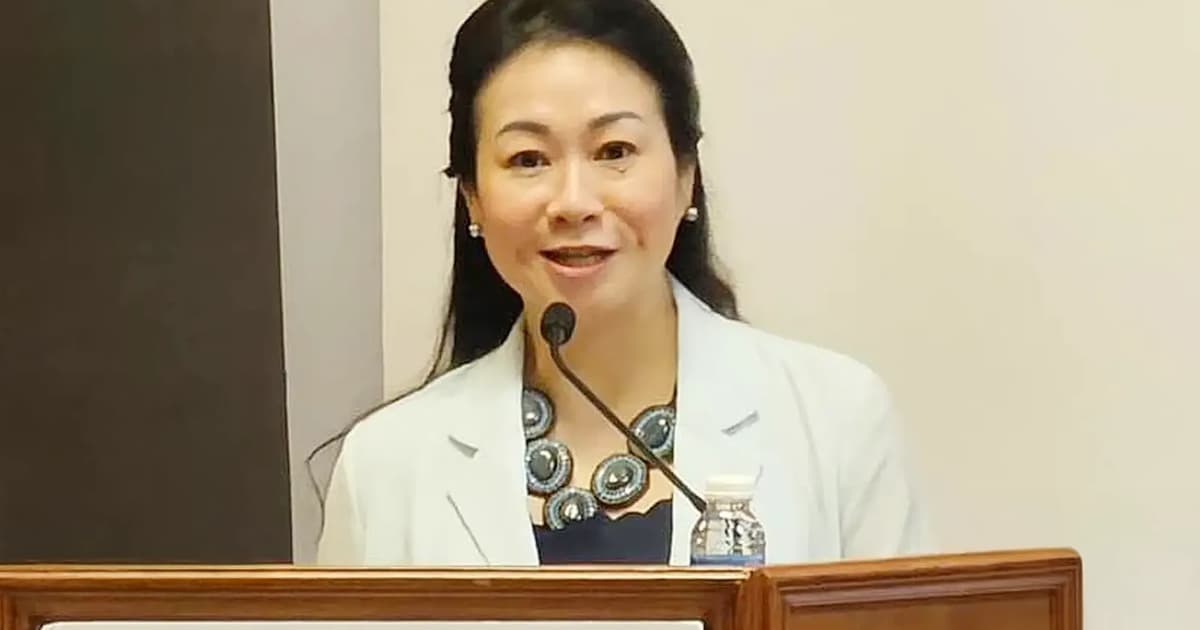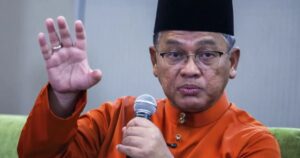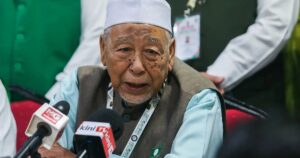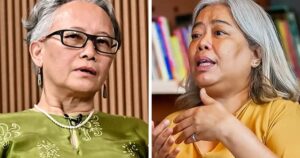
Sabah Pakatan Harapan’s complicated ties with two competing coalitions will boost the opposition’s chances in the upcoming state election, an MCA leader warned.
PH’s decision to work with Sabah Barisan Nasional and Gabungan Rakyat Sabah is guaranteed to cause complications, as the three coalitions will go up against each other in several constituencies, Sabah MCA Wanita chief Dr Pamela Yong said.
“In fact, the bickering has already started,” she told FMT, adding that as it stands, there are constituencies that risk seeing five- or six-cornered fights.
“In such cases, the candidates from the establishment or government’ side – whether GRS, BN or PH – will just end up splitting their side of the votes, while the opposition presents a more solid front.”
Yong was responding to PH secretary-general Saifuddin Nasution Ismail, who defended the coalition’s decision to work with both GRS and BN in the coming state election.
Saifuddin dismissed a Sabah Umno leader’s demand that PH choose either GRS or BN, saying each political party has the freedom and discretion to choose its election allies.
Yong said PH’s pact with BN and GRS could also cause a headache for Bung Mokhtar Radin, the Sabah BN chairman, especially during the campaign trail.
She wondered who PH would campaign for in the event BN and GRS go head-to-head.
“Will they stand on the BN ceramah stage, rallying votes for the BN candidate, and then sneak off to the back lanes to stomp the ground for the GRS candidate?” she asked.
She also said PH could find itself in the middle of a mudslinging war between GRS and BN, which may force it to carry out some damage control.
If PH is caught up in “putting out internal fires”, Yong said, it could see them less focused on the campaign proper.
“That’s the comeuppance of playing both sides.
“While managing these complicated relationships is prudent, it must not become a distraction from the campaign proper. If left unresolved, it could most certainly benefit the opposition,” she said.
Yong said that to win an election, it was insufficient to stop at merely agreeing in principle to “work together”.
She said hard details like how seats are allocated collectively, and how the election machinery is mobilised in a coordinated and targeted manner, mattered.
“From what I’ve observed, the opposition seems to be more planned and united at this stage,” she said.






